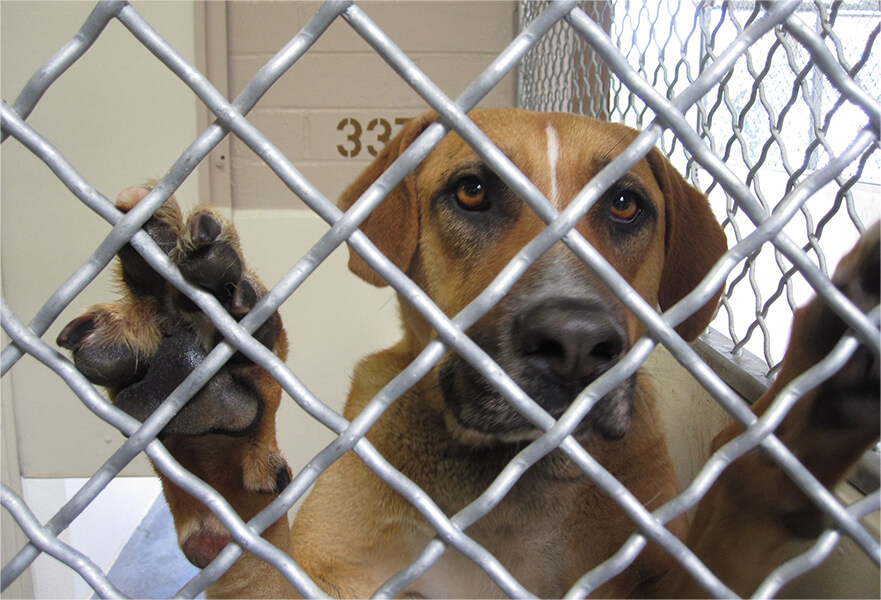What is required of me as a foster parent?
You will be asked to perform the following as a foster parent:
- Treat the foster pet as a member of your own family. You ensure that your foster pet is provided with basic necessities such as food, water, shelter, exercise, socialization and love.
- In some cases, it may be necessary to bring your foster pet to the veterinarian for follow-up medical treatment and care. In these cases, you will need to closely follow veterinarian instructions, and administer medication to aid in your foster pet’s recovery.
- In other cases, it may be necessary to take your foster to obedience classes to better prepare him/her for adoption.
- Provide us with pictures and ongoing updates about how your foster pet is progressing.
- Network your foster pet in any available manner, such as social media, or attending events, to get your foster pet exposure to potential adopters.
- Bring your foster pet to organized adoption events on the weekends, which usually requires you drop off your pet at the adoption event location for several hours and then pick them up again at the conclusion of the event.
- Speak to potential adopters to answer any questions they may have regarding your foster pet and facilitate a meeting with potential adopters.
Who covers the expenses of my foster pet?
We will reimburse you for all approved expenses for the care of your foster pet, including required medical treatment, medications, obedience classes, food, and flea treatment. Additionally, a daily stipend for fostering is also available.
I’m not home all the time. Can I still foster?
Yes. However, the time you regularly spend away from home will be a consideration in which animals we ask you to foster.
How long will I have the pet?
It’s hard to say. Some animals are adopted very quickly. Some animals have taken months, or even years to get adopted. With active efforts, many animals are placed in about 6 months. We also have other animals that we take into our care and place in “permanent foster,” which is sort of like hospice care for a pet.
I have pets of my own. Can I still foster?
Yes, but the species, sex and temperament of your pet(s) will be a consideration as to which animals we place with you.
- Some animals cannot be altered before placement in their foster home due to a medical condition. Therefore, if you have pets of the same species as your foster pet, your pet(s) must be spayed or neutered.
- You must also able to provide proof of vaccinations for any of your personal pets that are of the same species as your foster pet, such as DHLPP, rabies and bordetella for dogs, FVRCP for cats, and rabies for cats that are not kept strictly indoors. This is for the protection of your pets. It is very common for dogs from shelters to have kennel cough. Therefore, It is highly recommended that any personal dogs be vaccinated for bordetella every six months, instead of the usual annual vaccination.
How hard is it to give up a foster pet?
If you are like most people that care enough to foster, you do develop a bond and become attached to your foster pet. This should be a consideration for families with children before agreeing to foster. However, once you receive updates about how well your foster pet is doing in their new home, you will soon learn that rewarding feeling that all experienced fosters will tell you about: the feeling of knowing that your foster pet is now in a loving new home, and that you helped not only that pet, but you helped that family find their soul-pet. It is a wonderful, heartwarming feeling.

